
An Interview with Dr. Rachel Egger: Pursuing Science in Industry with Curiosity and Courage
Blog, CommunityDr. Rachel Egger is a principal scientist at Syngenta. She obtained her Ph.D. in 2016 from Stanford University, where she investigated maize reproductive development. In 2018, she joined Syngenta and has recently been acknowledged as an Inspiring Woman in Plant Science by ASPB (https://blog.aspb.org/25-inspiring-women-in-plant-biology/).…

Overcoming a Blank Page: How to Build Healthy Writing Habits?
Blog, Featured Article 1Is there anything more daunting than beginning a new writing project and staring at a blank page for days or even weeks? This common challenge often feels overwhelming, but there are strategies to overcome it. Scientific writing can be especially demanding. Crafting a journal article requires simplifying…
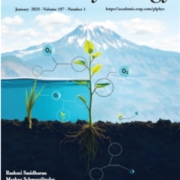
Focus Issue: Hypoxia and Plants
Plant Science Research WeeklyThe January 2025 issue of Plant Physiology has a focus on “Hypoxia and Plants”. This field has made a lot of progress recently in understanding plant responses to low oxygen, from the molecular to physiological and developmental levels. The focus issue includes reviews on topics such as divergent…
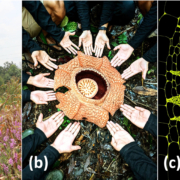
Special issue: Parasitic plants
Plant Science Research Weekly
Special issue: Parasitic plants
Runo, Wicke, and Thorogood have edited a special issue of Plants, People, Planet on the topic of parasitic plants. It’s nice to see a collection of articles that focus on a phylogenetically diverse collection of plants that share an unusual life trait, the…
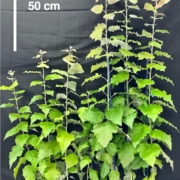
BOOSTER: Unlocking photosynthetic efficiency for enhanced plant productivity
Plant Science Research WeeklyPhotosynthesis is a fundamental biological process for carbon fixation and capturing light energy to drive plant growth. However, excessive sunlight can cause photodamage, which is detrimental to plant health. To protect the photosynthetic machinery from over-excitation and subsequent damage, plant cells…
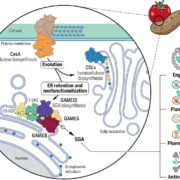
A “GAME” changer in plant secondary metabolism
Plant Science Research WeeklyCholesterol, an essential structural component of membranes and a precursor for steroid hormones, serves as a key metabolite at the interface of primary and secondary metabolism. However, the mechanisms regulating the balance between its diverse downstream metabolic pathways remain poorly understood.…
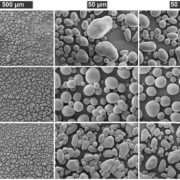
A fresh starch: Creating new starch granule morphologies in potato tuber
Plant Science Research WeeklyStarch is the major storage carbohydrate in plants and is organised into semicrystalline granules. The size, shape, and composition of these granules greatly affects how they are digested, and which industrial applications they are suitable for. Therefore, the enzymes controlling starch synthesis are…
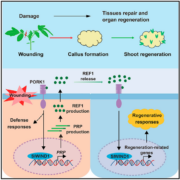
Unveiling REF1: A key regulator of plant regeneration
Plant Science Research WeeklyPlants frequently encounter damage during growth and development, necessitating remarkable regenerative abilities to repair damaged tissues. Plants can regenerate organs or even entire plants from callus or a single cell, a capacity underpinning asexual reproduction and various biotechnological applications.…
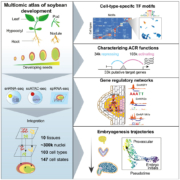
Spatially resolved, single-cell multi-omics atlas of soybean development
Plant Science Research WeeklyIn this exciting paper, Zhang, Luo, Marand et al. combined several powerful techniques to investigate the program underlying soybean seed development. They used RNA sequencing to profile gene expression from single nuclei (snRNA-seq). They also carried out single-cell sequencing of assays for transposase-accessible…

